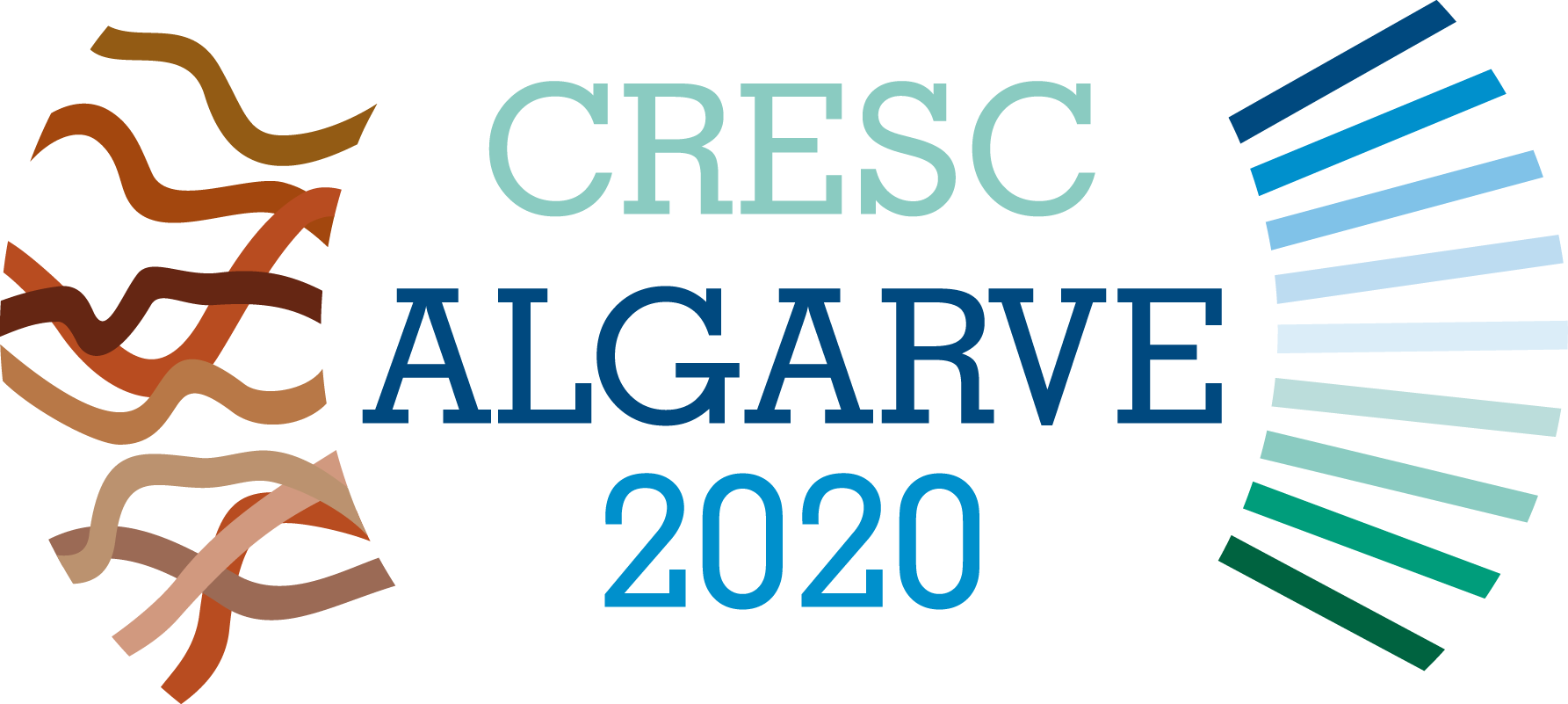IMPORTANT DATES for this Course
Deadline for applications: Mar 6th 2017 (New)
Course date: March 13th - March 17th 2017
Candidates with adequate profile will be accepted in the next 72 hours after the application until we reach 20 participants.
Course description
Genetic and genomic data are increasingly used by ecologists and evolutionary biologists in general. It has thus become important for many biologists with different levels of experience to produce and analyse genetic (and genomic) data. In this course we will take a practical approach to the analysis of genetic and genomic data, but we will also provide some of the theoretical background required to understand the outputs of the software used. This course will be organised so as to mix lectures where important notions are introduced with practicals where freely available software will be used. While this will not be the focus of the course, we will also introduce and discuss genealogical (coalescent-based) simulation methods and those based on forward-in-time simulations. Altogether this will allow to discuss the potentialities and limitations of the tools available to the community.
In this five-day course we will introduce the main concepts that underlie many of the models that are frequently used in population genetics. We will focus on the importance of demographic history (e.g. effective sizes and migration patterns) in shaping genetic data. We will go through the basic notions that are central to population genetics, insisting particularly on the statistics used to measure genetic diversity and population differentiation. The course will also cover a short introduction to coalescent theory, Bayesian inference in population genetics and data simulation. We will also introduce two methods that have been recently developed to analyse genomic data. The PSMC of Li and Durbin reconstructs the demographic history of a species or population with the genome of a single individual. The Rehh package is an R implementation of the Extended Haplotype Homozygosity (EHH) test for selective sweeps and looks for signals of selection based on the analysis of genomic regions.
Most theory will be put into practice in practical sessions, analyzing real and/or simulated datasets. In these sessions, we will look at measures of genetic diversity and differentiation and use methods to infer demographic history. We will learn how to perform coalescent simulations of genetic/genomic data (using SPAms and ms). We will also show how to simulated data for PSMC analyses. This will allow users to compare the PSMC obtained with real data to those obtained for the models they used. We will also look at how habitat fragmentation can be simulated using an in-house program. Some exercises will make use of R scripts (R being a freely available statistical program). Basic R knowledge is a pre-requisite but we will provide a short introduction to R. The R statistical package is a very powerful tool to analyse data outputs from many population genetics software, and can also be used to simulate genetic data under simple demographic scenarios.
Course Pre-requisites
Basic molecular population genetics and molecular ecology. Basic R knowldedge. Basic knowledge of genomic data.
Instituto Gulbenkian de Ciência
Rua da Quinta Grande 6
2781-901 Oeiras
Portugal





